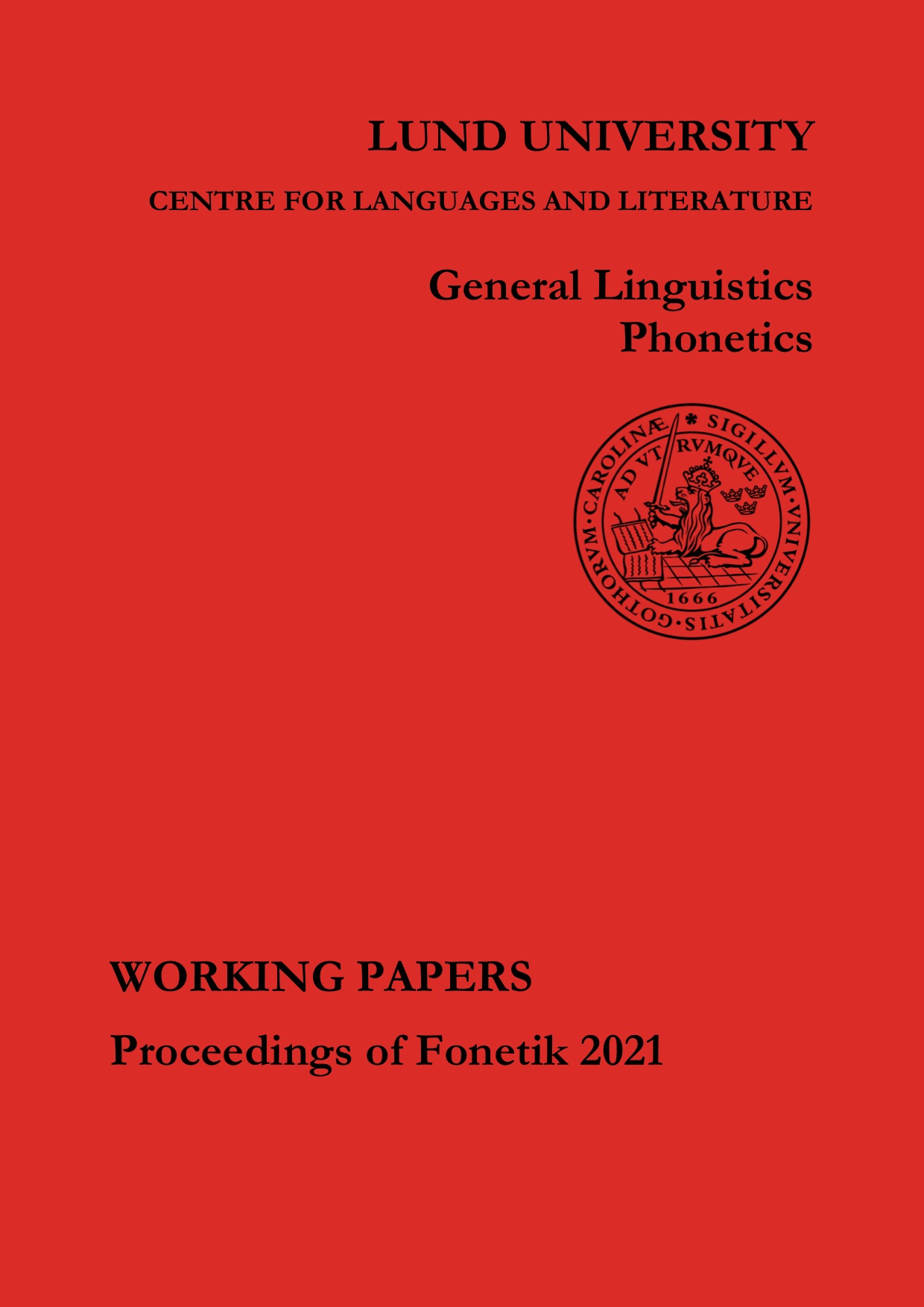‘superassp' and the need for a sparse signal track data format
Abstract
The digital processing of phonetic data has long been based on the same basic data structures and consequently been stored in essentially the same manner. The transition to structured database-based workflows and the development of more complex analyses challenge the established data structures and storage models. I propose a sparsely defined data track model for structured storing of locally define signal information and suggest an implementation. The use of sparse data created by the amalgamating signal processing library 'superassp' is discussed within a speech database management system.
Downloads
Published
2021-06-04
Issue
Section
Articles


